Why CO2 Warms the Earth:
The Earth is covered by an invisible blanket known as the atmosphere. This atmosphere traps the sun's heat and makes our planet habitable. However, over the past century, we've introduced more carbon dioxide (CO2) into the atmosphere by burning fossil fuels such as coal, oil, and gas. This additional CO2 acts like a thick sweater around the Earth, causing the temperature to rise.
This happens because CO2 and other greenhouse gases trap the sun's heat. They allow sunlight to enter easily, but as these rays heat the Earth and the warmth rises, the greenhouse gases retain some of that heat. This is similar to how a blanket keeps you warm during the night.
Consequences of Global Warming: Global warming has serious consequences for us and our planet:
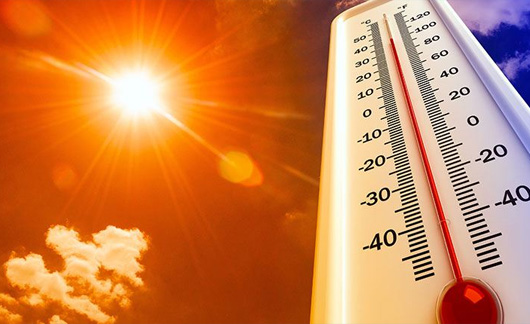
Rising Temperatures
The average temperature on Earth is increasing, leading to heatwaves, droughts, and changing climates.
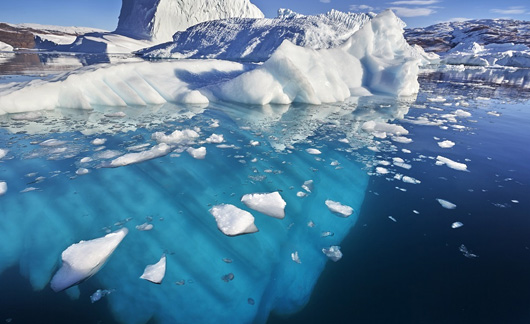
Melting Ice Caps and Rising Sea Levels
Global warming causes glaciers and ice caps to melt, raising sea levels and resulting in coastal areas flooding.
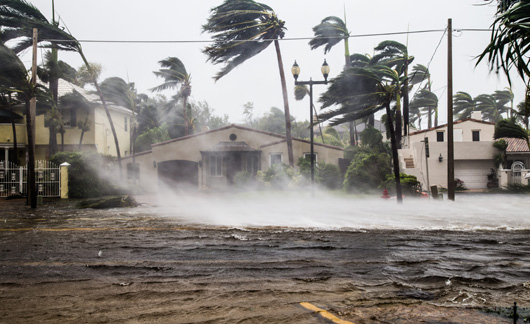
More Extreme Weather
Changes in the atmosphere lead to an increase in severe storms, floods, and hurricanes.
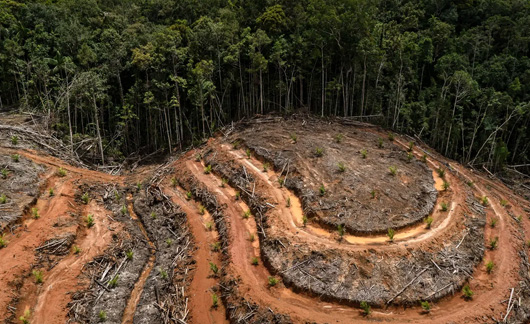
Loss of Biodiversity
Many plants and animals cannot adapt quickly enough to rapidly changing conditions, leading to extinction.
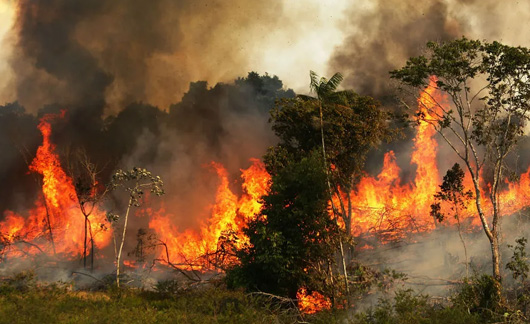
Disruption of Ecosystems
Habitats for animals and plants are being disrupted, causing disruptions in food chains.
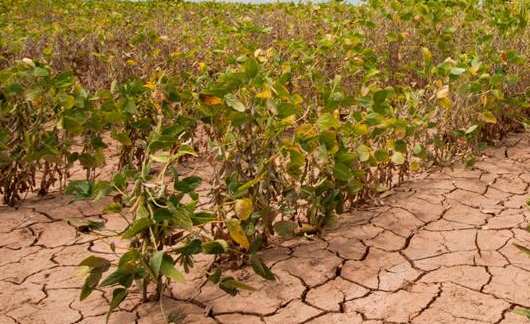
Human Impact
Agriculture, health, and economies are affected by climate change.
Reducing the emissions of CO2 and other greenhouse gases is crucial to preventing further global warming and mitigating its effects. This requires global efforts and measures to live cleaner and use energy resources more sustainably. Everyone can contribute by conserving energy, reducing the use of fossil fuels, and protecting the environment. This way, we can help thin the CO2 blanket and keep the Earth cool and habitable for future generations.